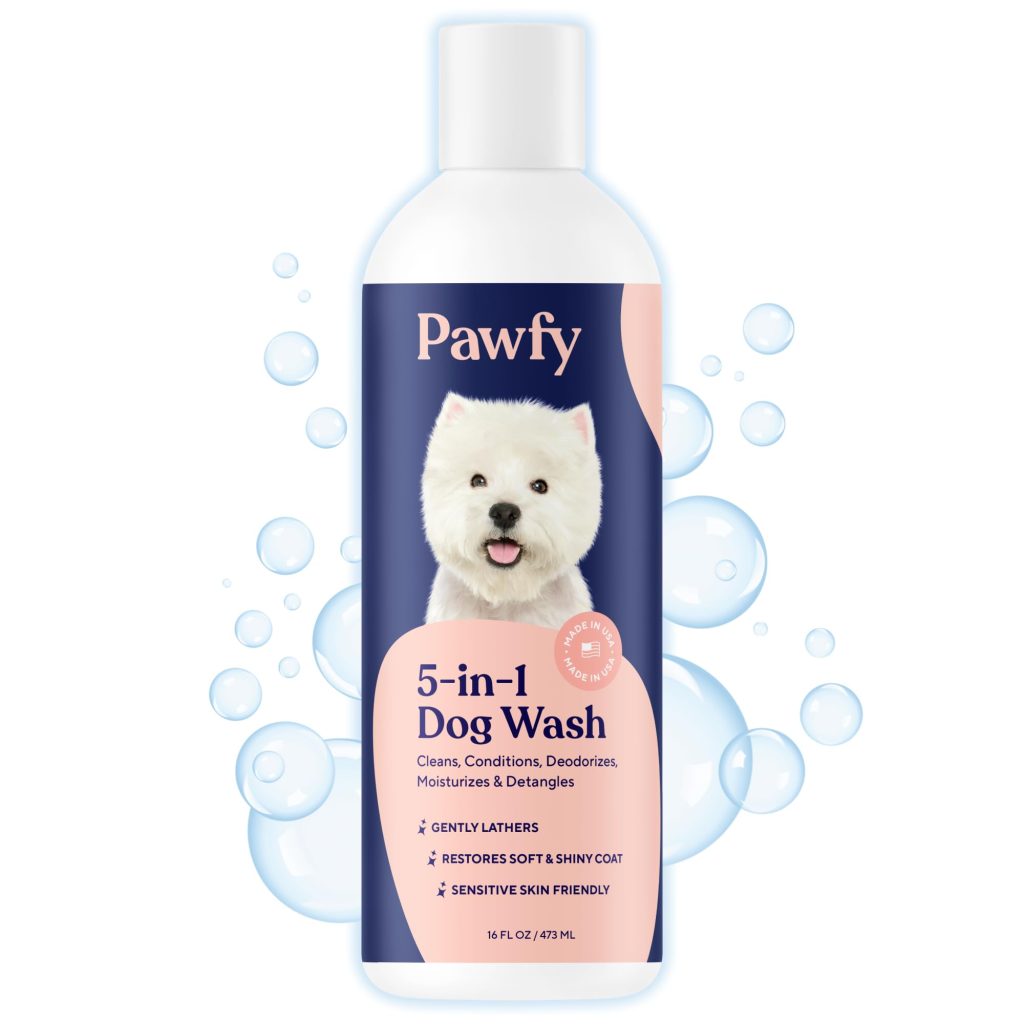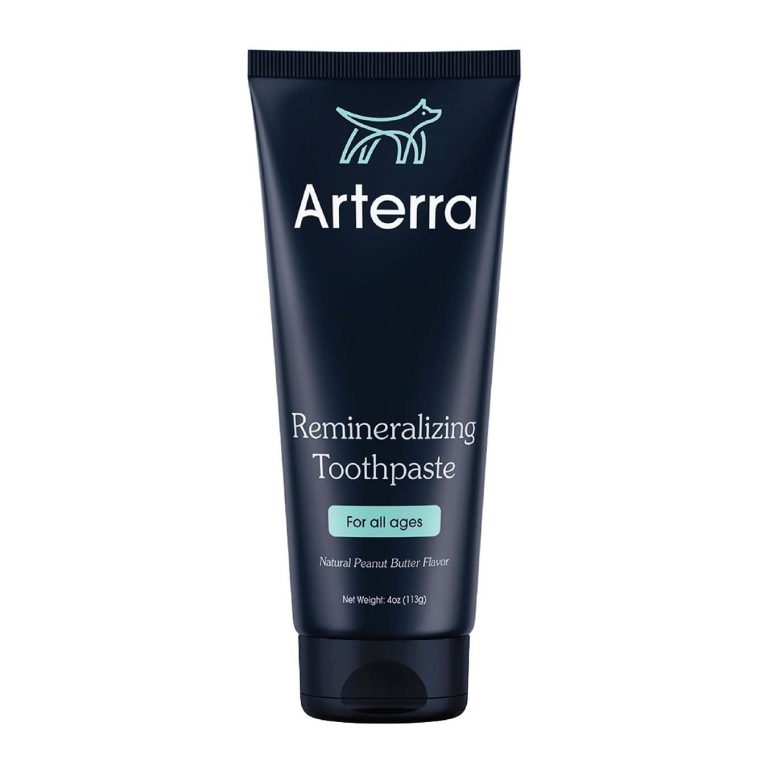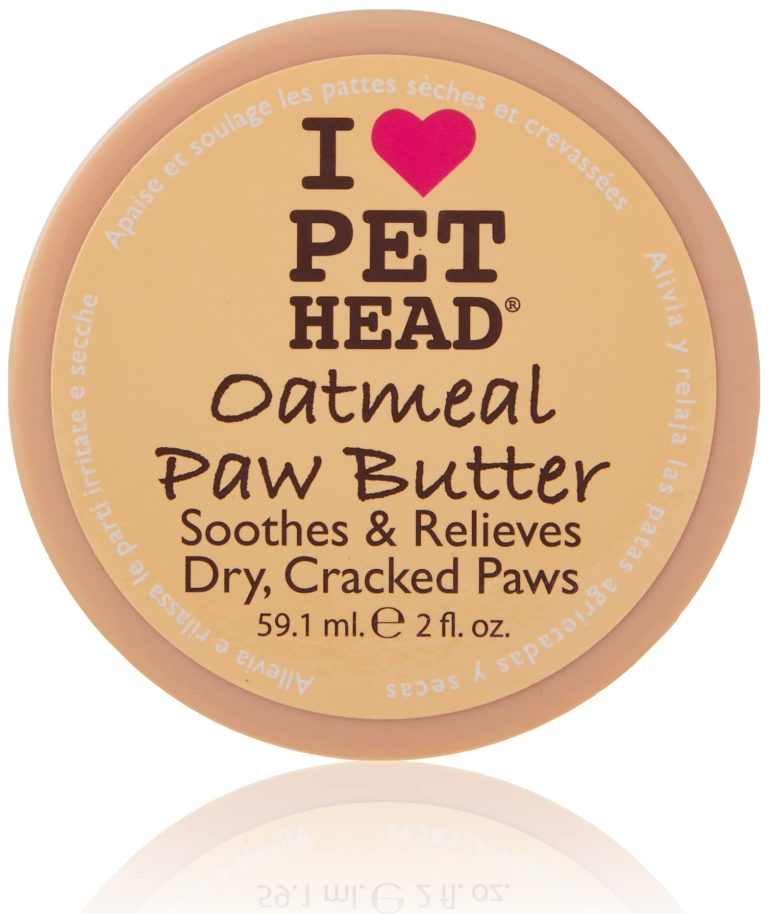Canine Seizures – Understanding and Managing Epileptic Episodes

Canine Seizures – Understanding and Managing Epileptic Episodes
Dogs, like humans, can experience a wide range of health issues throughout their lives. One common health problem that affects many dogs is seizures, also known as epileptic episodes. Understanding and managing canine seizures is important to ensuring the well-being and health of our beloved furry friends. In this article, we will cover essential aspects of canine health, including exercise requirements, common health issues and their treatments, dental care, age-related health changes, mental stimulation, and preventive care.
Exercise Requirements
Regular exercise is vital for maintaining a dog’s overall health and preventing various health issues, including obesity and behavioral problems. The specific exercise requirements may vary depending on the dog’s breed, size, and age. Generally, dogs should receive daily exercise through activities such as walking, running, playing fetch, or engaging in interactive playtime. Consult with your veterinarian to determine the appropriate amount and intensity of exercise for your canine companion.
Common Health Issues and Their Treatments
Dogs can be susceptible to various health issues that may require medical intervention or ongoing management. Some common health problems include:
- Allergies: Dogs can develop allergies to certain foods, environmental factors, or substances. Treatment options may include dietary changes, allergy medications, or allergy shots.
- Ear infections: Dogs with long, floppy ears are particularly prone to ear infections. Regular cleaning and maintenance can help prevent them. If an infection does occur, antibiotic ointments or oral medications may be necessary.
- Arthritis: As dogs age, they may develop arthritis, leading to joint pain and stiffness. Treatment options may include pain medications, joint supplements, and physical therapy.
- Parasites: Fleas, ticks, and worms can pose significant health risks to dogs. Regular preventive treatments, such as flea and tick medications, and routine deworming are essential for keeping your dog parasite-free.
Dental Care
Proper dental care is important for maintaining a dog’s overall health and preventing oral diseases. Many dogs suffer from dental problems such as gum disease, tooth decay, and bad breath. Here are some dental care tips:
- Regular toothbrushing: Brush your dog’s teeth with a pet-safe toothpaste and toothbrush specifically designed for dogs. Aim to brush their teeth at least two to three times per week.
- Dental chews and toys: Provide your dog with dental chews or toys that help clean their teeth and promote good oral hygiene.
- Regular vet check-ups: Regular veterinary check-ups should include a thorough examination of your dog’s teeth and gums.
Age-Related Health Changes
As dogs age, they may experience various health changes that require special attention. Here are some age-related health issues:
- Joint problems: Older dogs are more prone to joint issues such as arthritis. Provide them with cushioned beds and consider joint supplements to alleviate discomfort.
- Dental problems: Dental issues become more common in senior dogs. Regular dental care is essential to prevent infections and tooth loss.
- Cognitive decline: Like humans, dogs can experience cognitive decline as they age. Mental stimulation and puzzle toys can help keep their minds sharp.
Mental Stimulation
Physical exercise is important, but mental stimulation is equally important for a dog’s overall well-being. Engage your dog in various mentally stimulating activities, such as training sessions, puzzle toys, or interactive playtime. This helps prevent boredom and can even alleviate behavioral issues.
Preventive Care
Preventive care plays a vital role in maintaining a dog’s health and detecting potential issues before they become serious. Some preventive care practices include:
- Vaccinations: Ensure your dog is up to date with all necessary vaccinations to prevent common canine diseases.
- Yearly check-ups: Regular veterinary check-ups are essential for assessing your dog’s overall health, addressing any concerns, and updating preventive treatments.
- Parasite prevention: Use appropriate preventive treatments to protect your dog from fleas, ticks, and worms.
Understanding and managing canine seizures and other health issues are essential for promoting the well-being and health of our furry friends. By providing proper exercise, regular veterinary care, dental care, mental stimulation, and preventive measures, we can help ensure that our dogs live happy, healthy lives. Remember to consult with your veterinarian for personalized advice and guidance based on your dog’s individual needs.







